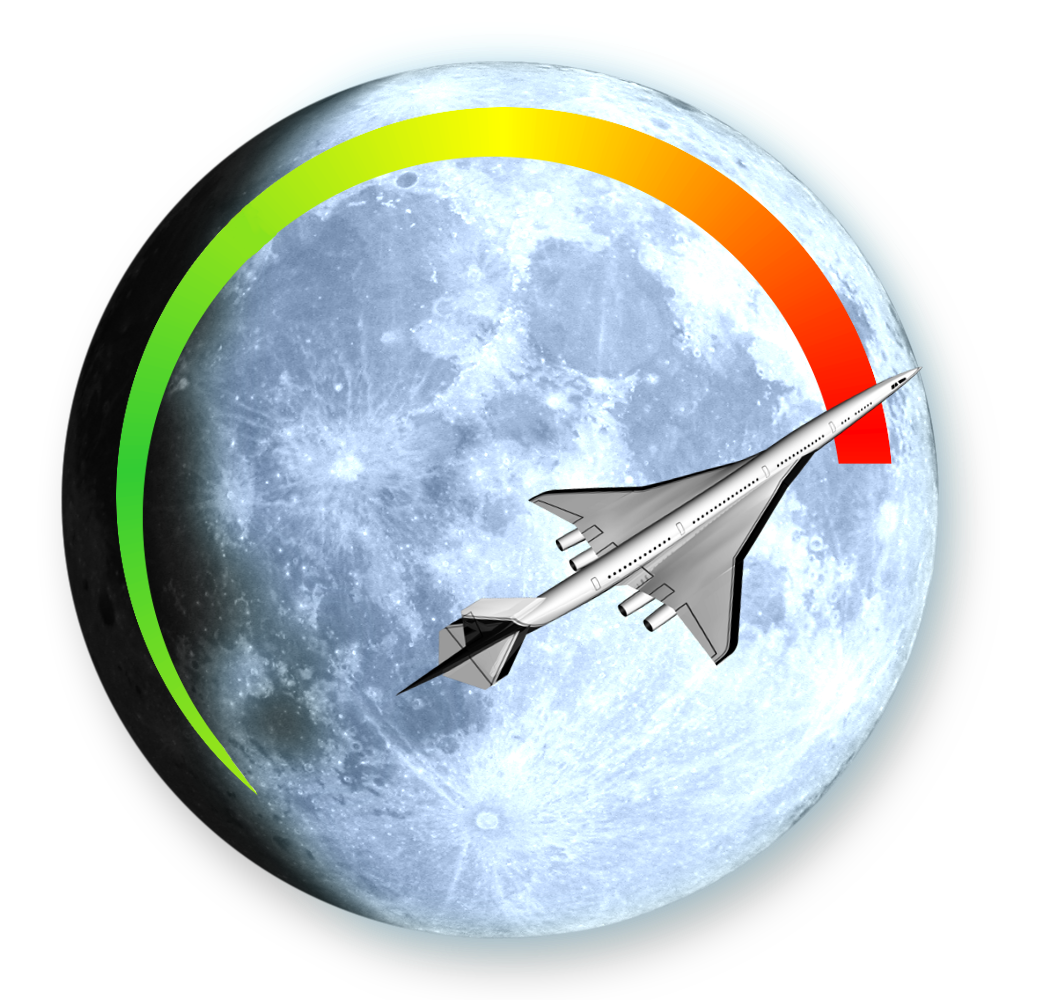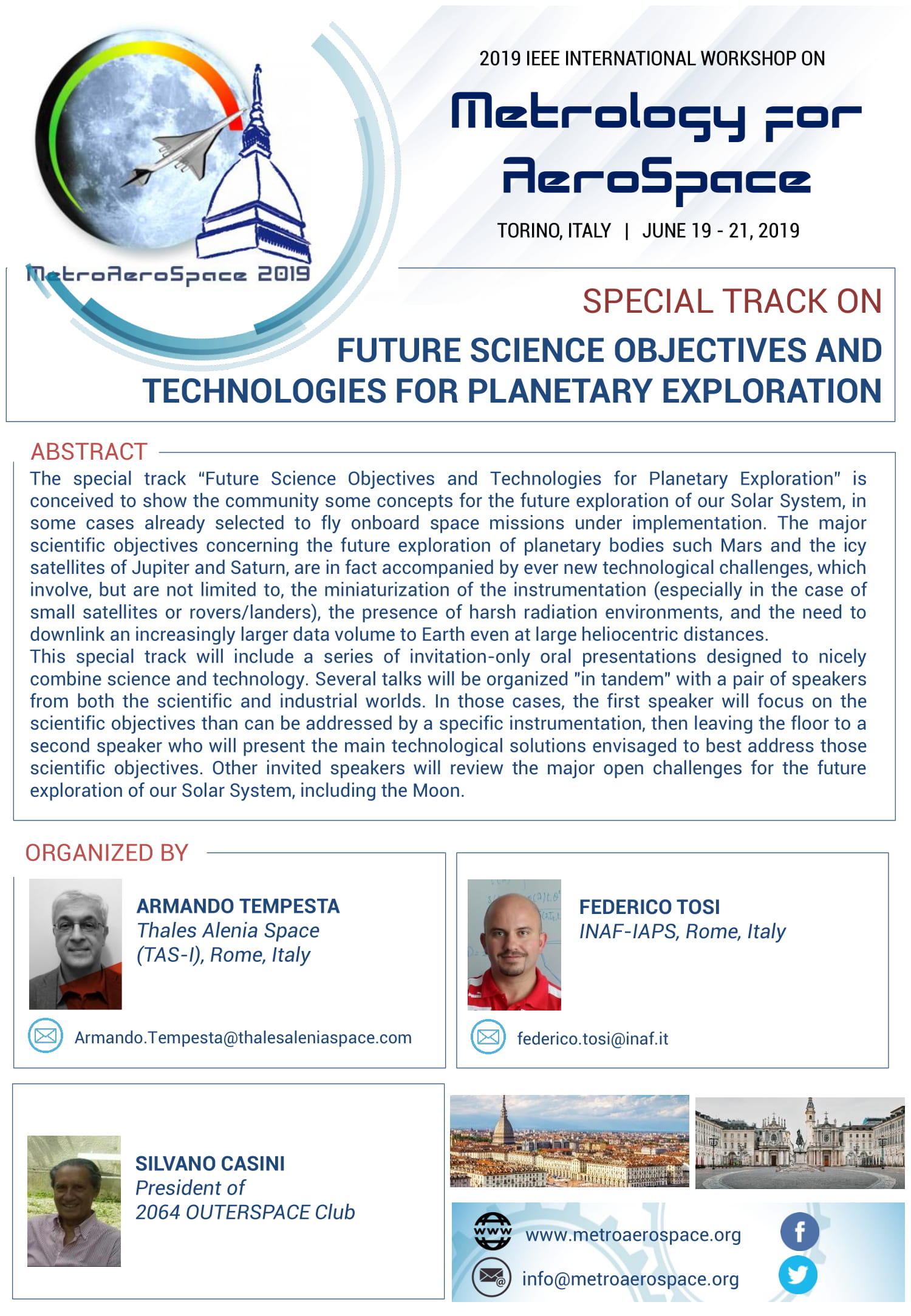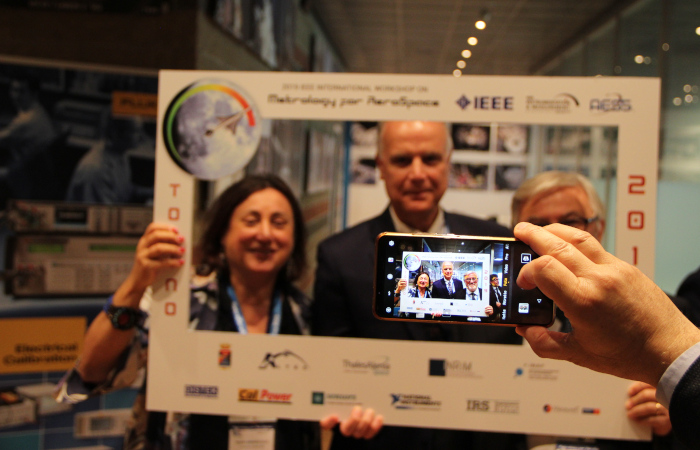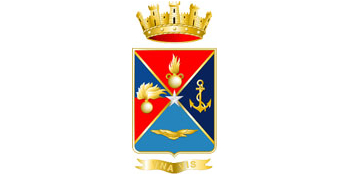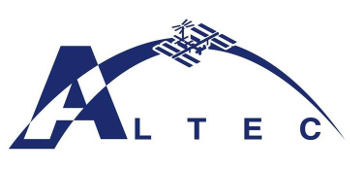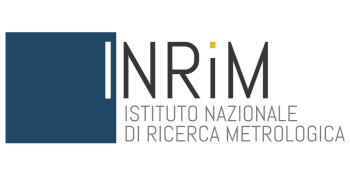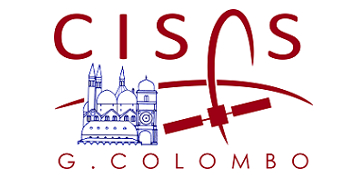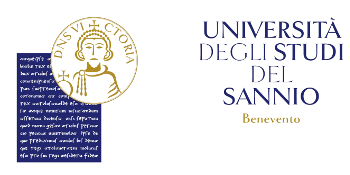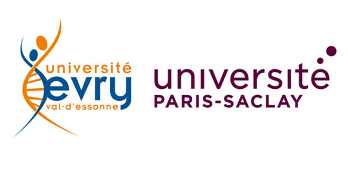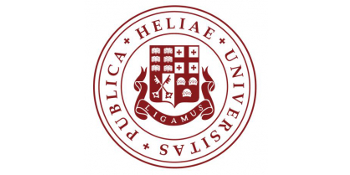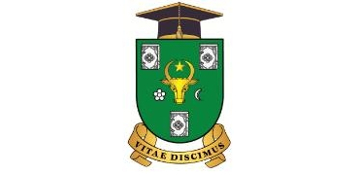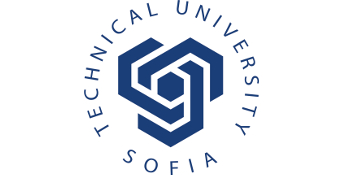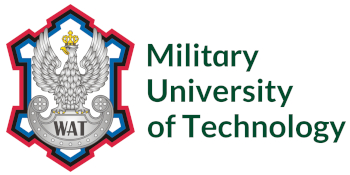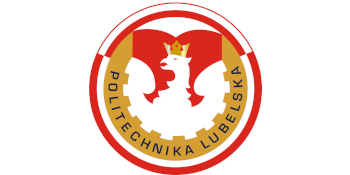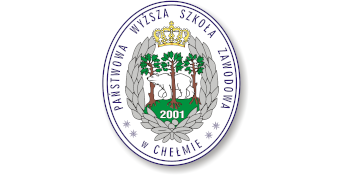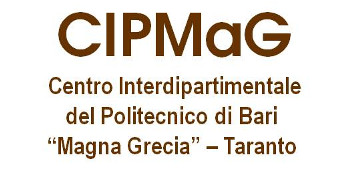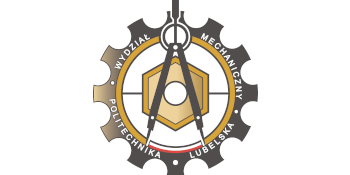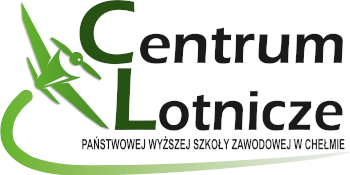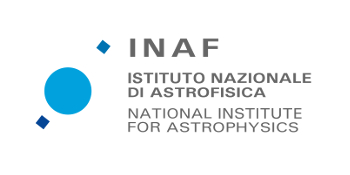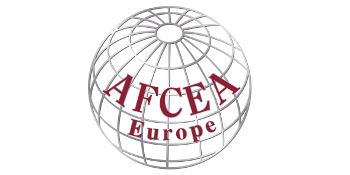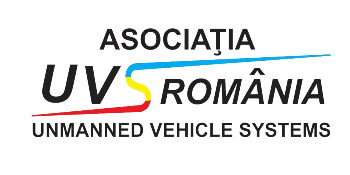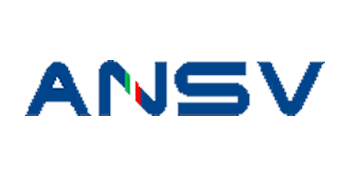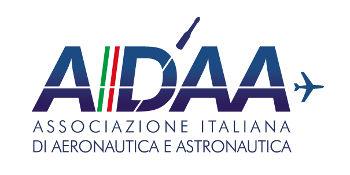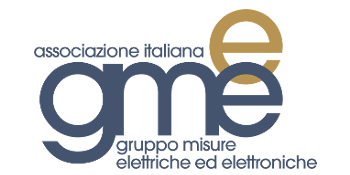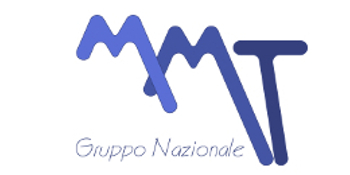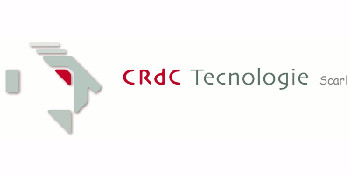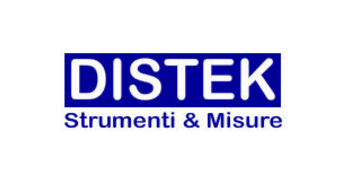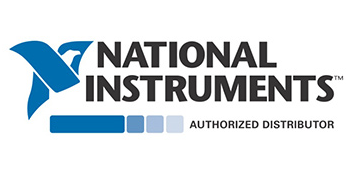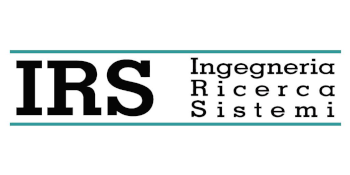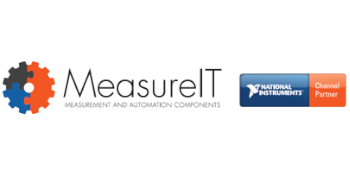Future Science Objectives and Technologies for Planetary Exploration
ORGANIZED BY
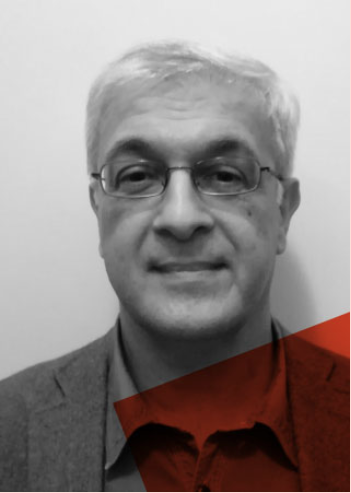
Armando Tempesta
Thales Alenia Space (TAS-I), Rome, Italy
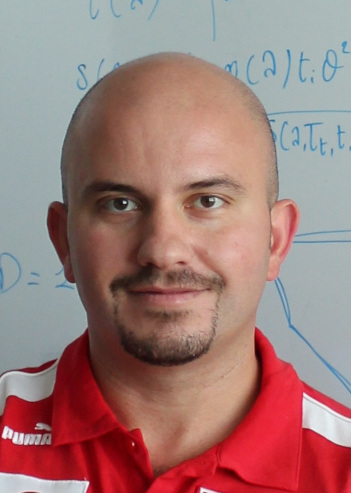
Federico Tosi
INAF-IAPS, Rome, Italy
INVITED SPEAKER
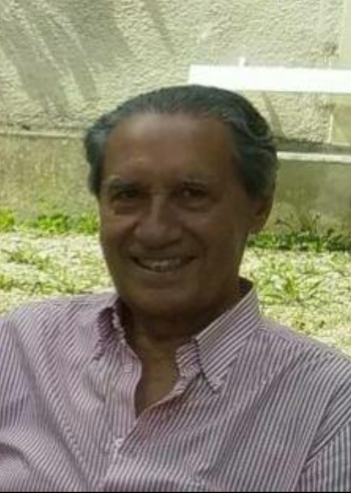
Silvano Casini
President of 2064 OUTERSPACE Club
Dr. Silvano Casini has enjoyed a lengthy career involving a number of impressive achievements in both the public and private sectors. He has extensive experience in managing and restructuring companies as well as government scientific and technological agencies. Dr. Casini has worked with a number of major international organizations, including both NATO, NASA, Roscosmos and the European Space Agency. Notably, in 1995 and 1996, he served as General Administrator of the Italian Space Agency.
Dr. Casini is currently President of 2064 OUTERSPACE Club. His industry experience involved also FIAT AVIO, the former aerospace unit of the FIAT group, known today as AVIO. There he held several leadership positions, including:
- Senior Adviser;
- Member of the Board, with responsibility for definition and implementation of Company Space strategies;
- Managing Director of ELV, a unit involved in developing, manufacturing and marketing of the European Launcher Vega, as well as design of Future Space Transportation Systems.
Some of Dr. Casini’s significant government roles have included:
- Appointment by the European Space Agency as consultant for the definition of Euepean space exploration strategies (2004 – 2008);
- Appointment by the Italian Prime Minister to a national committee evaluating Italian research policies;
- Appointment by the French Senate to the special committee carrying out a review of French space policy.
Dr. Casini holds an Electrical Engineering doctorate, as well as a Masters Degree in Electronics, from Milan Polytechnic University. He has also served as an artillery officer in the Italian Army. Dr. Casini has been a Member of the United Kingdom’s "Cadre of the Queen's Anniversary Prize for Higher and Further Education." He is also a Member of the Eoropean Air and Space Academy.
Download
ABSTRACT
The special session “Future Science Objectives and Technologies for Planetary Exploration” is conceived to show the community some concepts for the future exploration of our Solar System, in some cases already selected to fly onboard space missions under implementation. The major scientific objectives concerning the future exploration of planetary bodies such Mars and the icy satellites of Jupiter and Saturn, are in fact accompanied by ever new technological challenges, which involve, but are not limited to, the miniaturization of the instrumentation (especially in the case of small satellites or rovers/landers), the presence of harsh radiation environments, and the need to downlink an increasingly larger data volume to Earth even at large heliocentric distances.
This special session will include a series of invitation-only oral presentations designed to nicely combine science and technology. Several talks will be organized "in tandem" with a pair of speakers from both the scientific and industrial worlds. In those cases, the first speaker will focus on the scientific objectives than can be addressed by a specific instrumentation, then leaving the floor to a second speaker who will present the main technological solutions envisaged to best address those scientific objectives. Other invited speakers will review the major open challenges for the future exploration of our Solar System, including the Moon.
We invite you to join this special session in Turin! Please contact Armando Tempesta and Federico Tosi for more information.
ABOUT THE CONVENERS
Armando Tempesta graduated in Mechanical Engineering, Aeronautics and Aerospace in 1984 at the University of Rome “La Sapienza”. He held various positions as a designer in the thermo-structural field, attitude control, and satellite and launcher system engineering, in Italian and European companies with several stays in the United States. Carrying out his professional activity in Madrid, he worked in parallel as a technical-scientific liaison between the Spanish public / private-industrial structures and the Italian homologues of the space sector, supporting the Italian Embassy in Madrid. Back in Italy, he followed up his activity in the space field, dealing almost exclusively with the Market with Institutional Bodies (Ministries, Agencies, Research Centers and Universities).
He currently follows institutional relations with the Italian Space Agency (ASI) for Thales Alenia Space.
Over the years, he had the opportunity to teach in various technical and scientific university and post-graduate courses. He is the coordinator of the Industrial Module in the Master of “Space Institutions and Policies” at the Italian Society for International Organization (SIOI), of which he is also a member of the Scientific Council. He is the coordinator of the Space Policy and Program Management Module of the Master “Space Transportation System” of the “La Sapienza” University of Rome.
Armando Tempesta is the author of various papers concerning technical, historical, industrial policy and dissemination issues in the space sector. Since 2011 he has been a member of the National Journalist Association as Publicist.
Federico Tosi graduated in Astronomy in 2004 at the University of Bologna, and achieved a Ph.D. in Remote Sensing in 2008 at the University of Rome “La Sapienza”. He is currently a staff research scientist at Italy’s National Institute for Astrophysics (INAF) in Tor Vergata, Rome.
From 2008 to 2012 he was a member of the international science definition team of JUpiter ICy moons Explorer (JUICE), the first large-class space mission selected in the framework of the ESA Cosmic Vision programme. Indeed, JUICE will be the first European-led mission to explore the Jupiter system, with an emphasis on the potential habitability of Jupiter’s icy moons.
Federico Tosi mainly deals with the analysis of data returned by remote sensing instruments carried onboard NASA and ESA interplanetary space missions such as Cassini-Huygens, Rosetta, Dawn and Juno, where he has been or currently is a Co-investigator or an associate team member. His main research topic concerns the determination of physico-chemical properties of several planetary bodies of our Solar System by means of multi-sensor data analysis.
He is a lecturer at the Master in Space Science and Technology at the University of Rome “Tor Vergata”, and has been involved in the Science Organizing Committee for several international scientific conferences. So far, he collected about 150 publications in international, peer-reviewed scientific journals.



